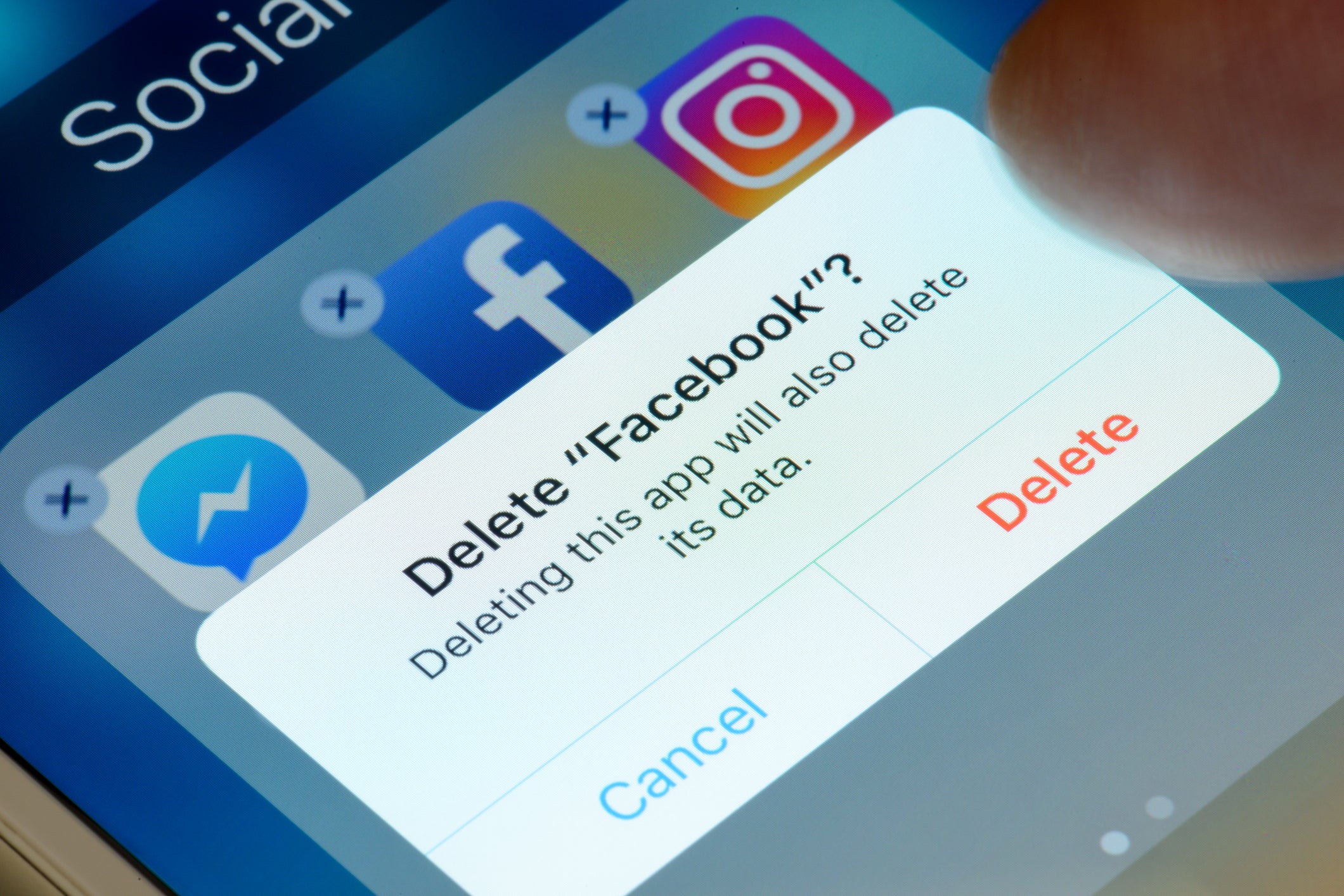Facebook deal makes it impossible to delete app from Android smartphones
Samsung Galaxy S8 users were only able to disable the Facebook app, not delete it
Facebook has made a number of deals with Samsung and other Android smartphone makers to make it impossible for people to delete the app.
The deals, first reported by Bloomberg, mean the Facebook app comes pre-installed onto devices and can only be disabled and not permanently removed.
It is not known how many deals were made with companies, but affected devices include the Samsung Galaxy S8.
Permanent apps that come pre-installed on smartphones, referred to in the industry as bloatware or crapware, are a common feature on Android phones, though usually they are native to the device manufacturer.
Incorporating apps into the operating system in this way is often seen as uncompetitive and has previously resulted into antitrust probes against tech firms.
Facebook refused to disclose how many agreements were in place and did not give further information about the financial nature of the agreements.
A Facebook spokesperson said the deals had been put in place to give Android users "the best" phone experience.
The spokesperson said that when disabled the app acts in the same way as when it has been deleted, meaning it doesn't collect data or send information back to Facebook.
This is unlikely to provide much reassurance to Android users, given recent revelations about Facebook's data collecting practices.
A report by Privacy International last week revealed how the firm was tracking Android users even if they didn't have a Facebook account.

After analysing 34 popular Android apps with user bases of between 10 and 500 million, the charity found that 23 of the apps sent data to Facebook the moment a user opened them.
The report stated: "Facebook routinely tracks users, non-users and logged-out users outside its platform through Facebook Business Tools. App developers share data with Facebook through the Facebook Software Developer Kit (SDK), a set of software development tools that help developers build apps for a specific operating system."

Apps found to be sharing data with Facebook included language-learning tool Duolingo, job database Indeed and flight search engine Skyscanner. A spokesperson for Skyscanner said it had updated its data-collecting practices in the wake of the report.
Facebook said that sharing data is "common practice for many companies" and that it did so in a "transparent manner."
Join our commenting forum
Join thought-provoking conversations, follow other Independent readers and see their replies
Comments
Bookmark popover
Removed from bookmarks